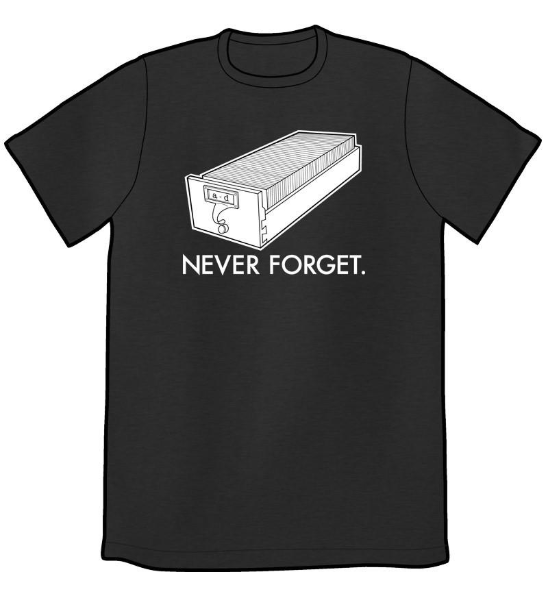Let the Research Begin! - Reading Review Blog Post #2
I am old enough to clearly remember using a card catalog when working on research projects. Library research has changed dramatically since I was in elementary school. Back in the 80s, when flipping through the cards in the catalog, the only books I would have seen would have been library books that had been selected by a trained librarian. Nowadays, students searching on the internet are likely to be overwhelmed with resources of varying quality and reliability. A trained teacher librarian can teach information literacy skills that will help students find what they need and assess the information they discover. I have spent time studying this topic in previous courses (see my symbaloo webmix on digital literacy created a year ago), but I feel that it is a vital topic that is worth revisiting.
UBC Library
By searching for information literacy on the UBC Library website, I was overloaded with over 350,000 journal articles, nearly 325,000 newspaper articles, 125,000 books, and more. I quickly remembered one of the easiest searching tricks and added quotation marks around my search terms, which reduced my results by approximately ninety percent. The first result was a book published in 2005 with the image of a CD-ROM on the cover. This was a good reminder to limit my search to more recent publication dates. This led to me finding "New methods of teaching and learning in libraries", which was published in 2017.
UBC Library Databases
I searched the UBC Library databases with the simple search term "library" and discovered the database Library, Information Science & Technology Abstracts (LISTA). It is described on the website in this manner:
"LISTA indexes nearly 700 periodicals plus books, research reports, and proceedings; coverage includes librarianship, classification, cataloging, bibliometrics, online information retrieval, information management."
Within LISTA, I searched for "information literacy" combined with the keywords "skills" and "elementary" and came across an article called "The Power of Collaboration between School Librarian and Classroom Teacher" by Amy Copeland and Lori Jacobs from the December 2017 issue of Teacher Librarian. The abstract indicates that this article fits with my chosen topic. It also reminds me that the search term "21st century" would likely yield relevant results.
Abstract: "The article focuses on the important role of a school librarian which is to collaborate with classroom teachers to integrate information literacy skills with content learning standards. The ultimate goal of librarians and teachers which is to assist students develop 21-st century skills and grow as empathic global citizens is cited."
Social Media
In addition to searching the UBC Library, I used social media to research my topic. I typed in "information literacy" on Pinterest and immediately saw pins with titles that included the terms digital literacy, media literacy, news literacy, and information fluency (a new one to me). After some more fine tuning, I realized that my goal at this time was not so much media literacy but the related topic of information literacy. Information literacy has a lot of overlap with media literacy in terms of building the skills of evaluating sources and determining the validity of the information you find.
I have found several incredibly useful Facebook groups for librarians over the past few years, so when I searched "information literacy" in Future Ready Librarians, I was not surprised to find many helpful posts. One that intrigued me shared a book called "Two Truths and a Lie: It's Alive" and linked to the associated lesson plans that help student develop information literacy skills. The good news is that this is the first book in a series (the second book was published in June 2018) and it received a starred review from the ALA Booklist. I'm looking forward to getting my hands on a copy!
Google
One more resource I came across (this time when searching Google), was a video on How to Use Google Reverse Image Search to Fact Check Images by Common Sense Education. This video was published in early 2017, and since it's nearly two years old, I'd like to follow the steps outlined in the video and make sure they still work. I think it's valuable for students to know how to fact-check images.
Challenges
The large number of open tabs in my browser is one of the challenges I face nearly every time I dive into a research project. I find it fascinating to click through to links on many of the pages I discover and end up with dozens of tabs open at once. It's definitely tough for me to keep track of it all! Additionally, I find that many of the search results I find are designed for an American audience and the AASL standards, which may or may not be useful. It is always good to know about excellent Canadian resources and I'll keep looking for more of them.






Excellent post that did a very good job at taking your reader through your personalized inquiry journey while teaching and reminding about important tips like "putting terms into quotes" and looking for new journals, mining social networks and finding useful communities online. This was a perfect check in with lots of useful resources, strong reflection and great role-modeling. Great stuff!
ReplyDelete